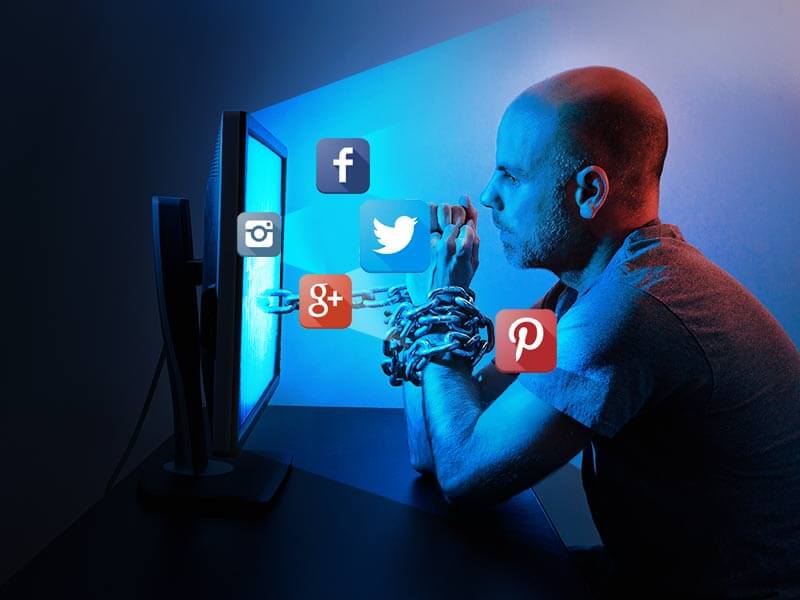- Social media is just a tool. Like any tool, it depends on how we use it. We don’t need to quit it completely but we do need to stay aware, ask questions, and not let scrolling replace real thinking.
We like to think we’re in control of what we see online. We scroll, we click, we laugh, we share. But somewhere along the way, social media stopped being just a fun distraction — it became a force quietly shaping how we think, feel, and relate to the world.
It’s not just about cat videos and memes anymore. It’s about comparison, pressure, and noise. Every time you open an app, you’re stepping into a world carefully curated by algorithms — a world designed not to inform you, but to keep you hooked.
You end up seeing more of what makes you react, not what makes you reflect. Outrage spreads faster than facts, and likes mean more than truth.
And then there’s the emotional toll. You see someone’s perfect vacation while you’re struggling to get through the day. You read comment sections that drain your hope in humanity. You start measuring your worth in hearts, shares, and followers — and you don’t even realize it.
But here's the truth: we are not powerless. We can choose to pause before we post. We can unfollow accounts that make us feel small. We can talk to people — really talk — instead of just watching them from behind a screen.
In the end, social media is just a tool. Like any tool, it depends on how we use it. We don’t need to quit it completely but we do need to stay aware, ask questions, and not let scrolling replace real thinking

